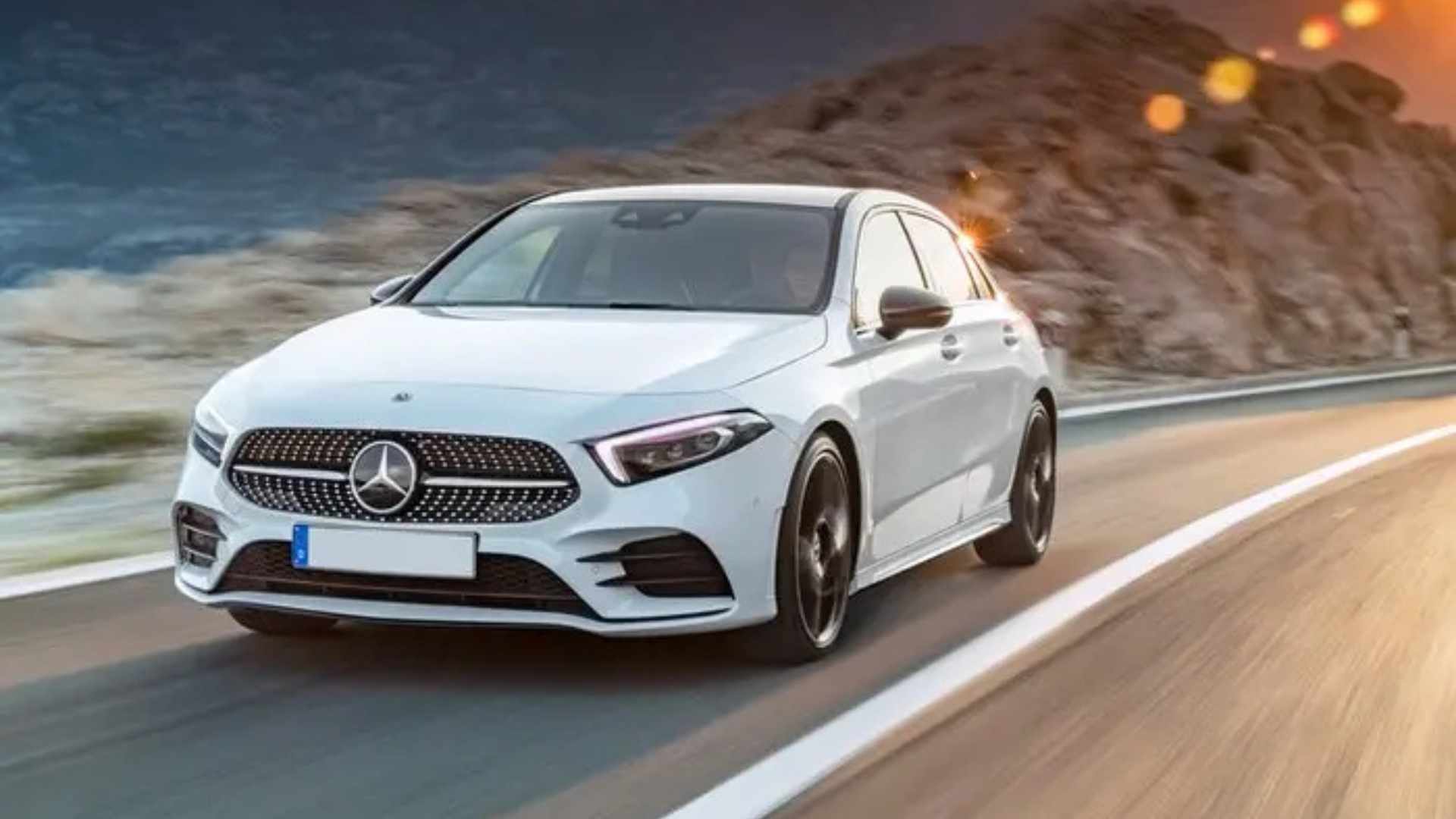Car advice


Find the best car for you and your dog with our Dog-Friendly Car Guide

Buying guides, articles and advice from our team of experts.
The Best Hatchback Cars for New Drivers
Buying guide
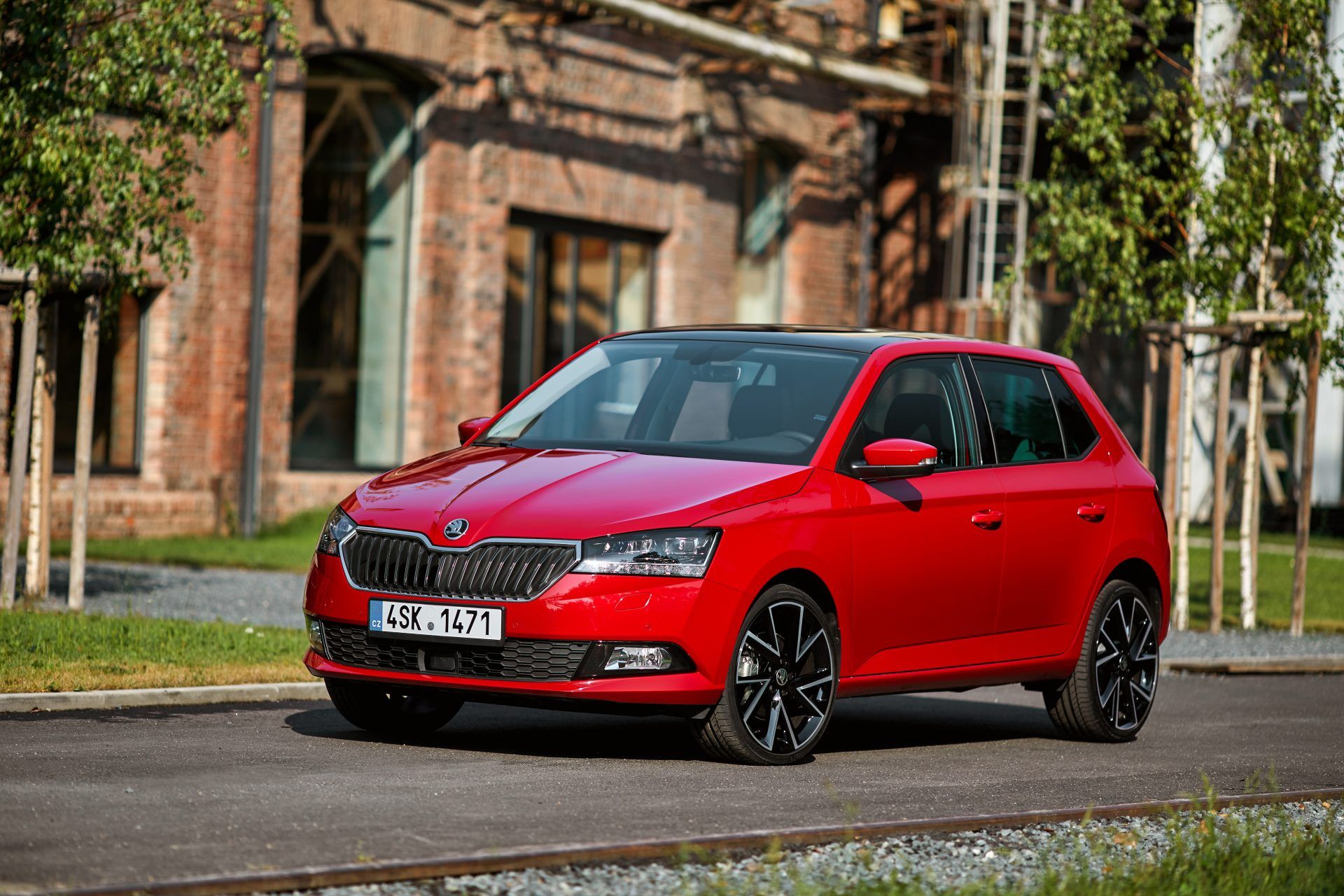
Top 10 Cars for Avoiding RDS

Find Your Perfect Car Faster with Cazoo!

Best Electric Cars in 2025
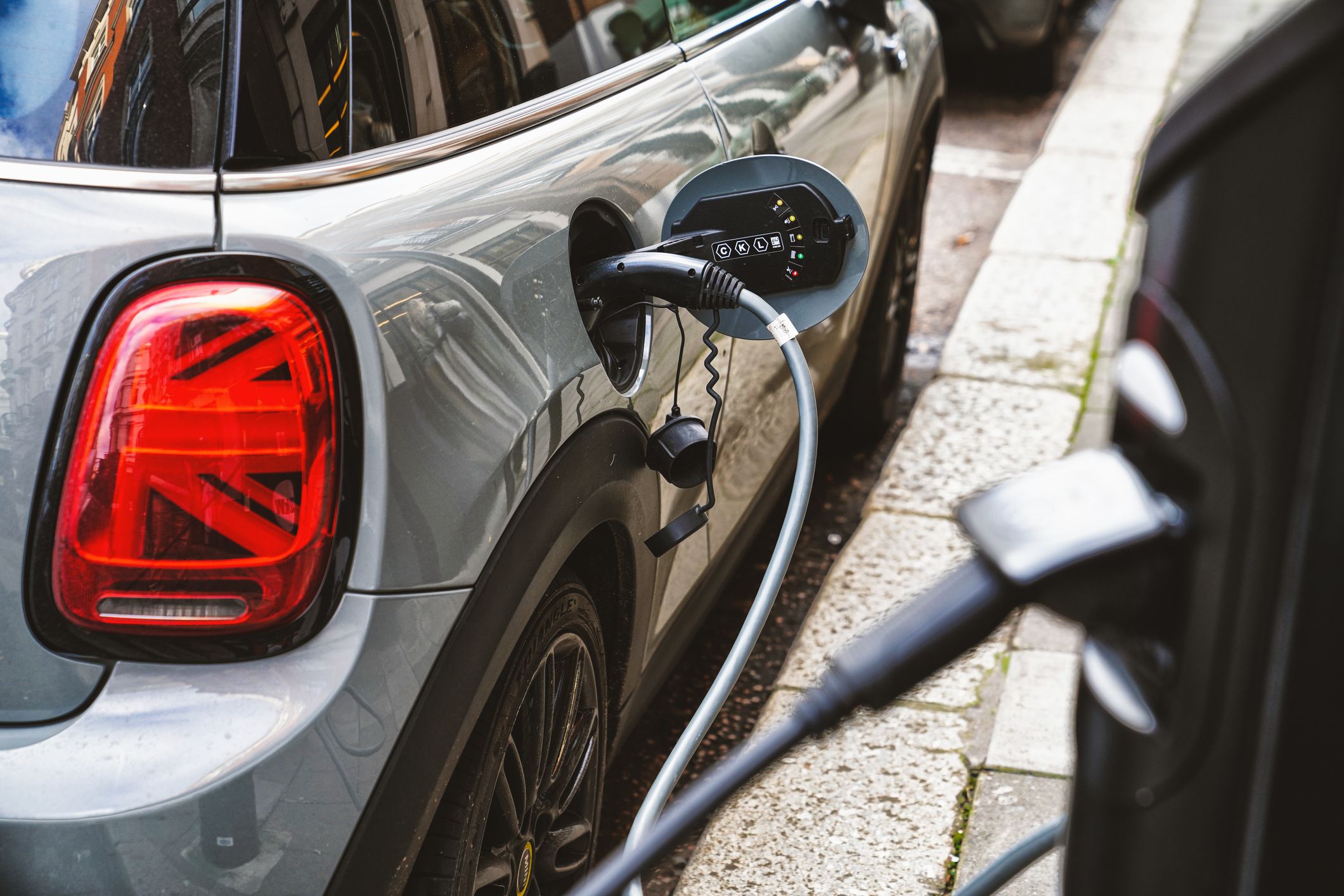
Used car comparison: Porsche Cayenne vs Porsche Macan
Buying guide

Honda Civic Type R (FL5) vs Honda Civic Type R (FK8): Which one makes a better used buy?
Buying guide

Used car comparison: Ford Ranger vs Toyota Hilux
Buying guide

Honda Jazz vs Toyota Yaris: Which one is a better used buy?
Buying guide
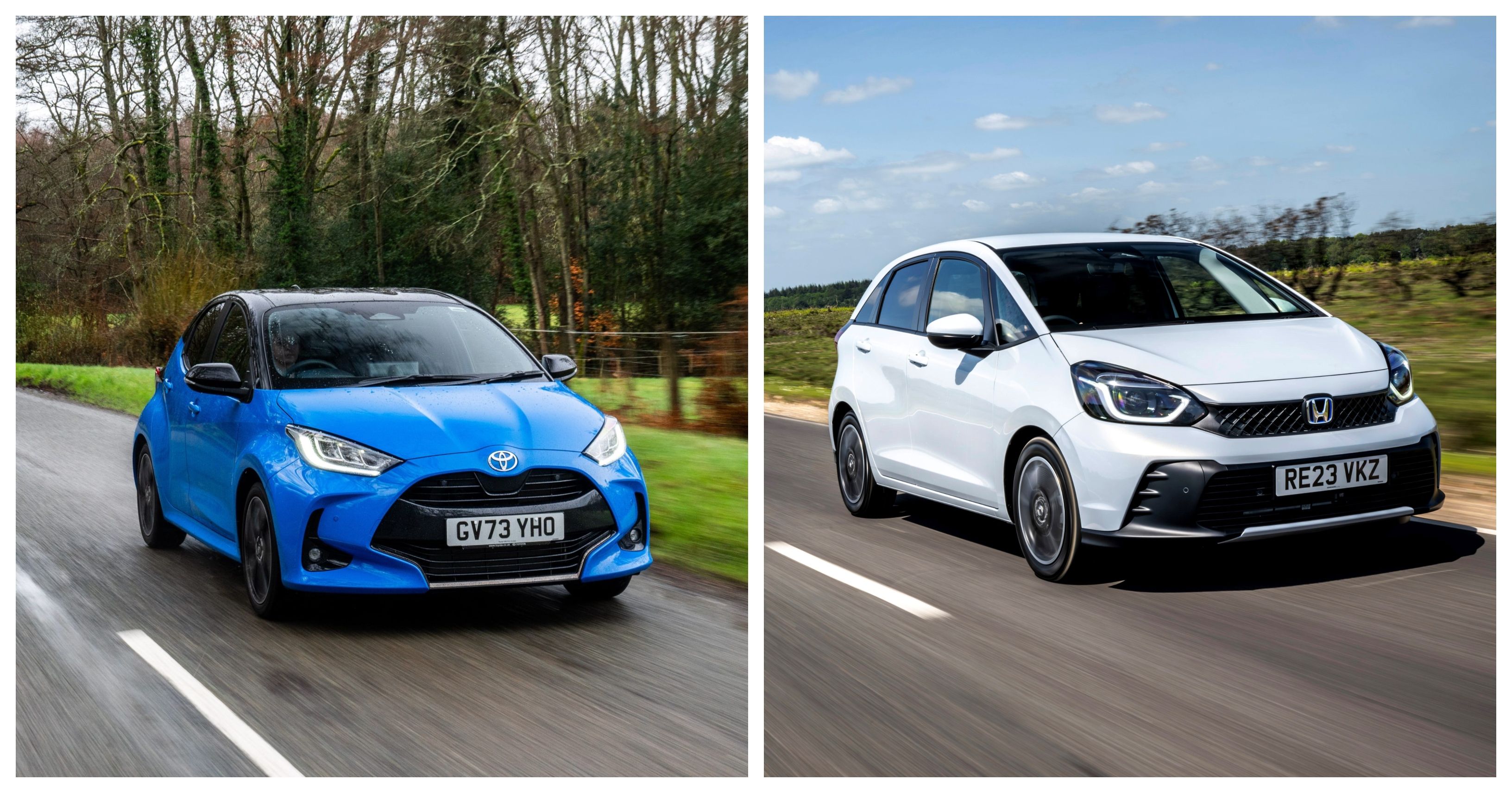
Best Cars for Dogs: Cazoo Dog Friendly Car Guide

Used car comparison: BMW M2 vs BMW M4
Buying guide

Tyre Codes Explained: What does the writing on a car tyre mean?
Buying guide
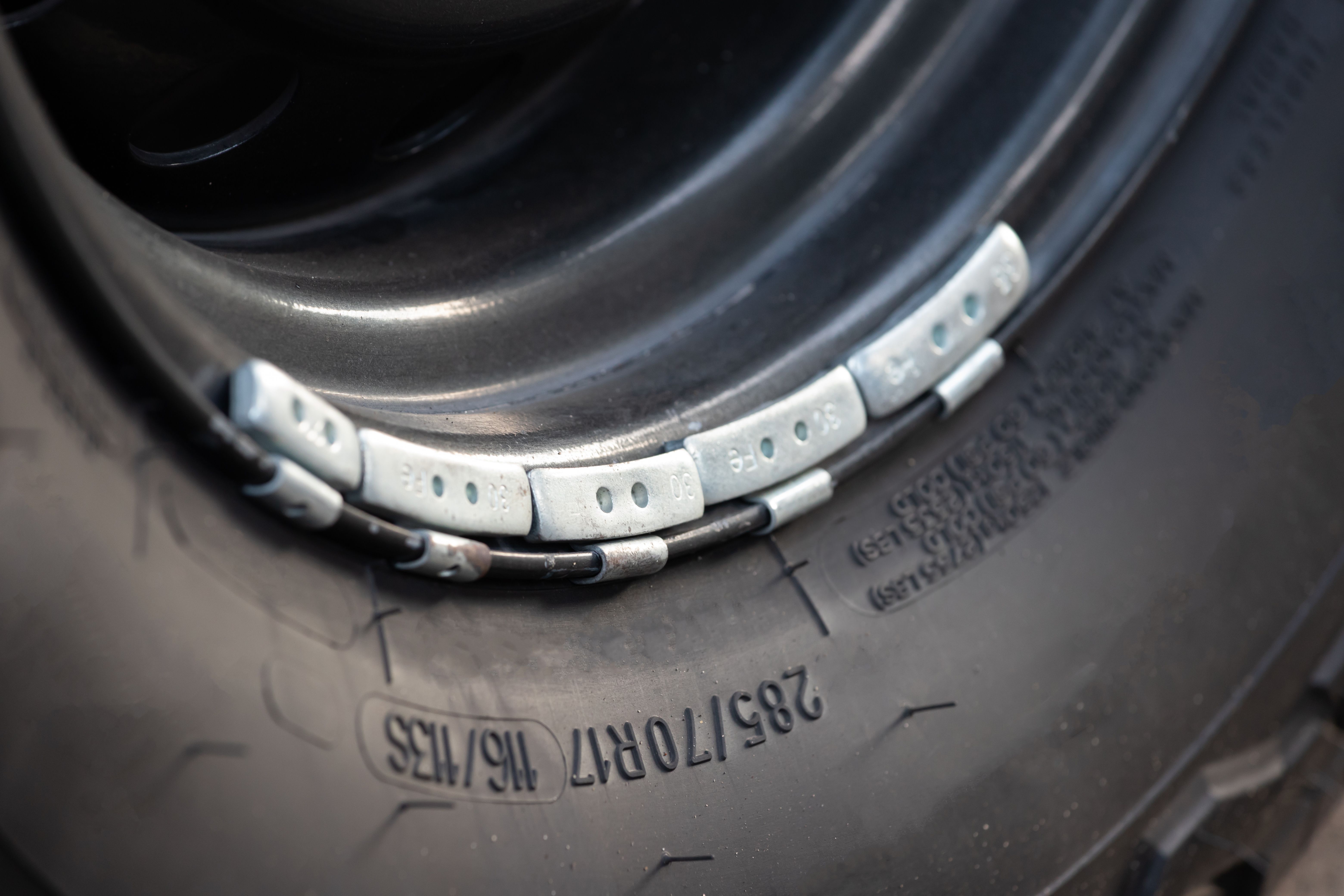
Best Used Hatchbacks
Buying guide
